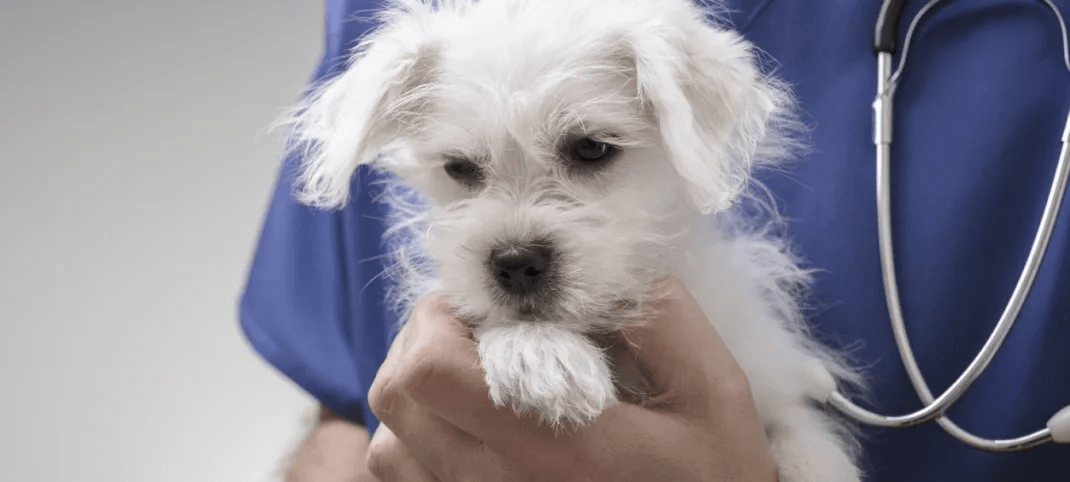North Peninsula Veterinary Emergency Clinic offers medical and surgical treatment for conditions relating to the nerves and nervous systems of animals like dogs and cats.
Overview
The normal function of the nervous system is vital to ensure that your pet can lead a happy and healthy life. The nervous system includes the brain, spinal cord, muscles, and nerves, each of which can present with its own unique set of abnormalities. Veterinary neurologists have been specially trained to treat your pet's neurological problems. They will ensure that your pet is comfortable throughout the examination and treatment process. Abnormalities of the nervous system can be severe, so it is imperative that you contact your veterinarian to schedule an appointment at the first sign of a potential neurologic problem.
Why should I consider neurology for my pet?
 Being mindful of your pet's neurological condition and scheduling an examination is vital to ensure they lead longer and healthier lives if a neurologic problem arises. No pet owner wants to see their furry friends in any kind of distress, making neurological examinations an important part of your animal’s wellness routine. Common neurological problems in animals can include:
Being mindful of your pet's neurological condition and scheduling an examination is vital to ensure they lead longer and healthier lives if a neurologic problem arises. No pet owner wants to see their furry friends in any kind of distress, making neurological examinations an important part of your animal’s wellness routine. Common neurological problems in animals can include:
-
Herniated disks
-
Brain tumors
-
Vestibular disease
-
Seizures/Epilepsy
-
Spinal cord injury
-
Head injury
-
Cancers of the nervous system
-
Metabolic brain disorder
-
Meningitis
When should I consider neurology for my pet?
You should consider neurology for your pet if they are experiencing any of the following symptoms:
-
Seizures
-
Spinal pain
-
Paralysis or paresis (limb weakness)
-
Ataxia/Balance problems
-
Change in behavior
Unlike other conditions and diseases, neurological issues do not typically go away on their own. For this reason, it is crucial to consider any neurological signs your pet may be having very seriously. Contact your veterinarian as soon you detect any such signs of concern.
How do you treat neurological abnormalities?
Neurological problems tend to require more advanced forms of treatment. When you bring your pet for a neurology evaluation, a series of examinations will be performed to assess the communication pattern from their brain to their nerves, the functionality of their reflexes, and their ability to move normally and to stand in a normal posture. The results of the examination will assist in distinguishing which parts of the nervous system are not functioning properly. Depending on your pet's diagnosis, prescription medication may be necessary. More advanced disorders may require long-term neurological therapy, advanced imaging (MRI or CT Scan), or neurosurgery. If your pet has a neurologic concern, contact your veterinarian to identify the best plan for your pet to be evaluated and/or treated.
